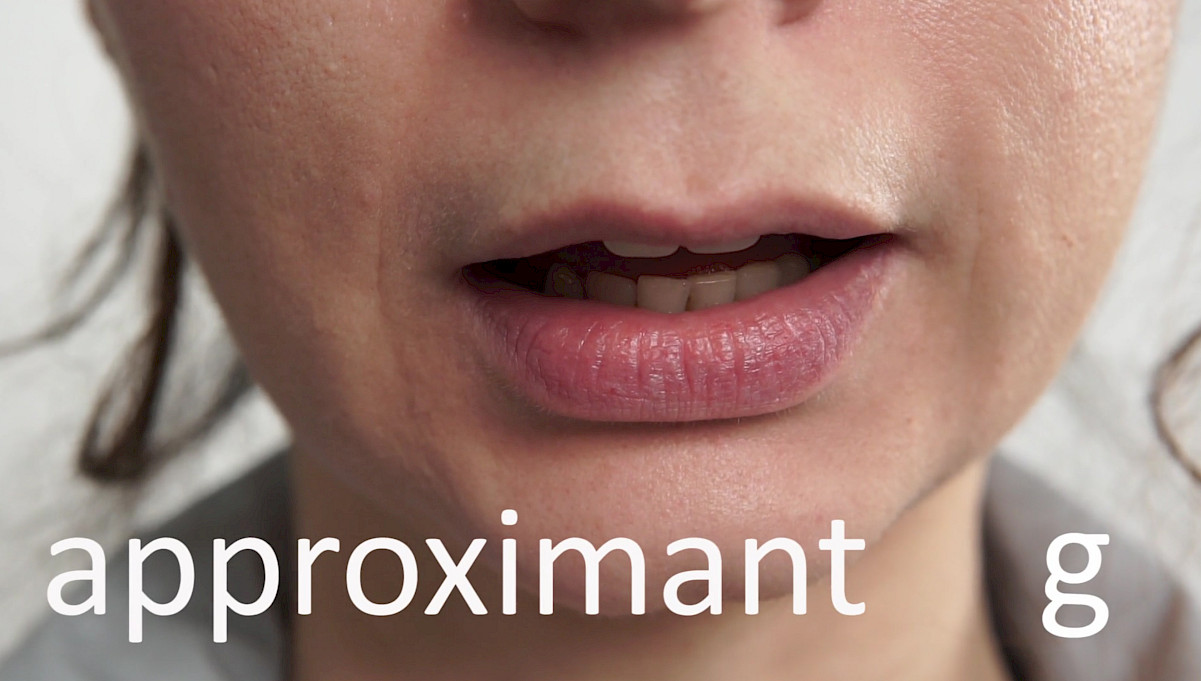Englishes MOOC is a digital art project that takes the form of a Massive Open Online Course or MOOC. Its subject is the variety of Englishes used as a medium of expression, mediation and education in art practices around the globe. Its aim is to emancipate art makers, art audiences, and an as wide as possible public, from having to measure their use of English along native-like standards in the international realm. English as an artistic medium can be shaped and reinvented according to the needs of its users, to develop a richer, more creative, and more inclusive international language. The Englishes Mooc wants to raise historical and theoretical awareness of English usage and to help develop practical skills towards making new varieties emerge.
Subject areas include phonetics and intonation; history of English in relation to link-, creole- and pidgin languages; history of constructed languages; professional languages and jargons.
Englishes MOOC proposes a dissolution of English into "Englishes" depicting the development of the plurality of spoken English that displaces the perceived position of primacy occupied by dominant strains of the language.
Realised in cooperation with the Sandberg Institute Amsterdam and the Vrije Universiteit Amsterdam, and with a financial contribution from the Stimuleringsfonds Creatieve Industrie.
Opens 16 March 2021
Live classroom 22 March 20.00 CET
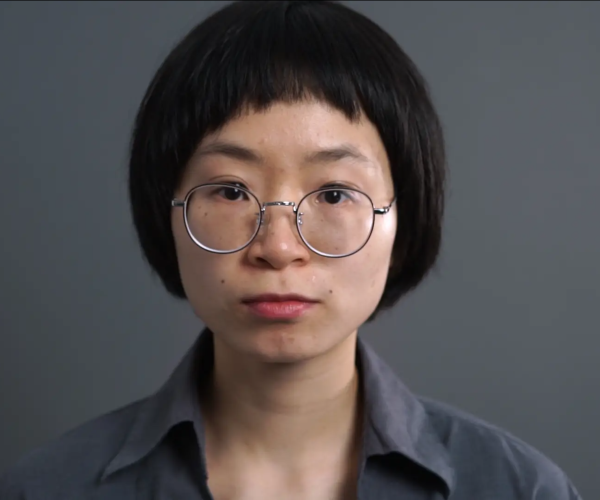
Opens 9 March 2021
Live classroom 15 March 20.00 CET
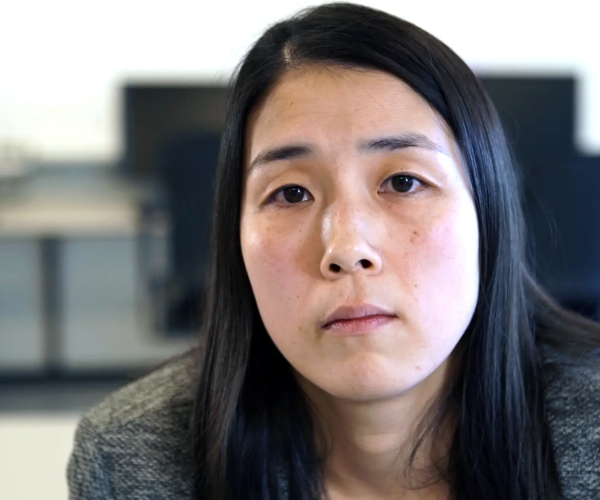
Opens 2 March 2021
Live classroom 8 March 20.00 CET
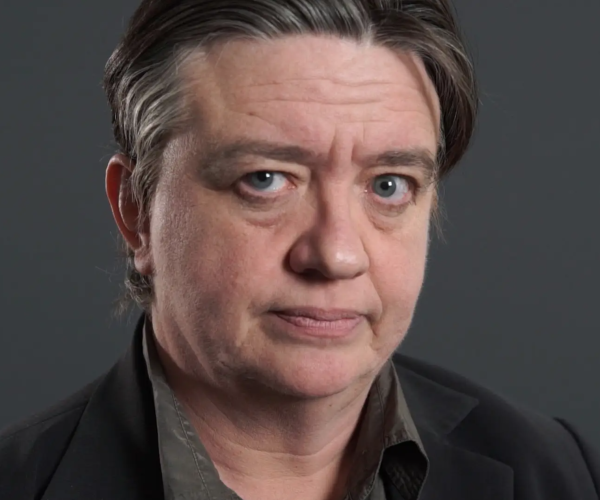
Opens 23 February 2021
Live classroom 1 March 20.00 CET
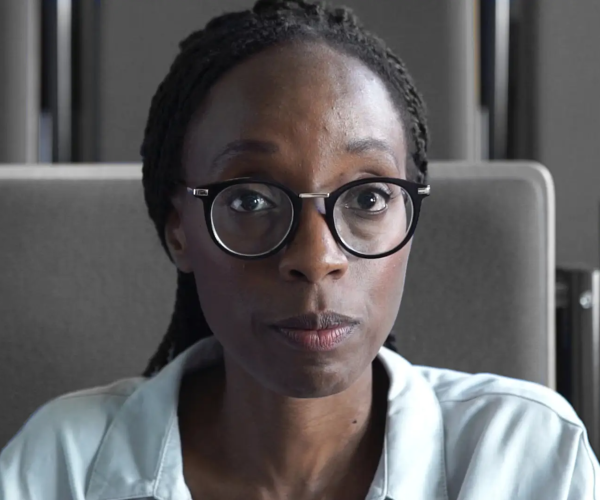
Opens 16 February 2021
Live classroom 22 February 20.00 CET
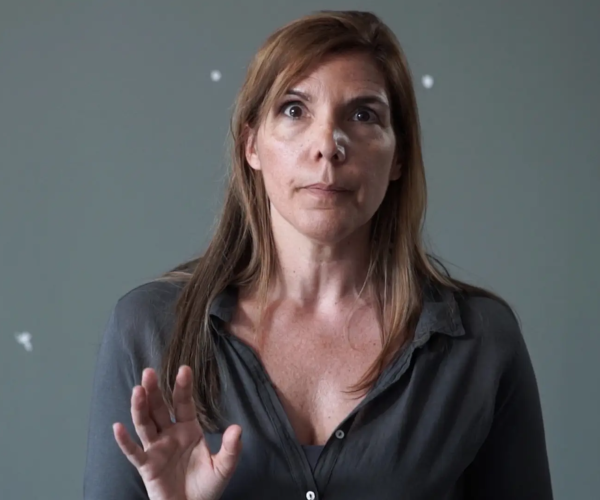
Opens 9 February 2021
Live classroom 15 February 20.00 CET
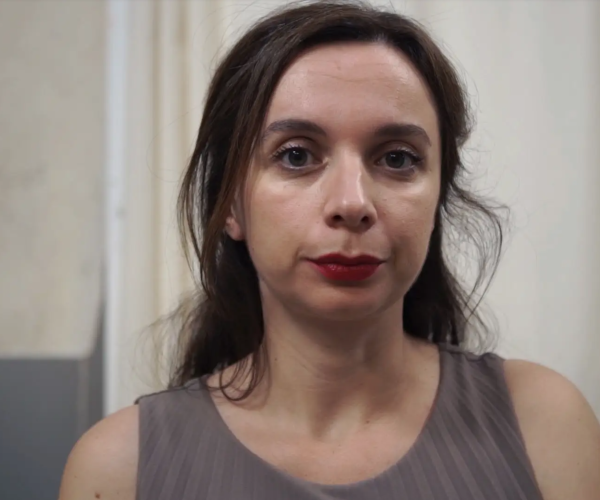
Opens 17 November 2020
Live classroom 23 November 20.00 CET
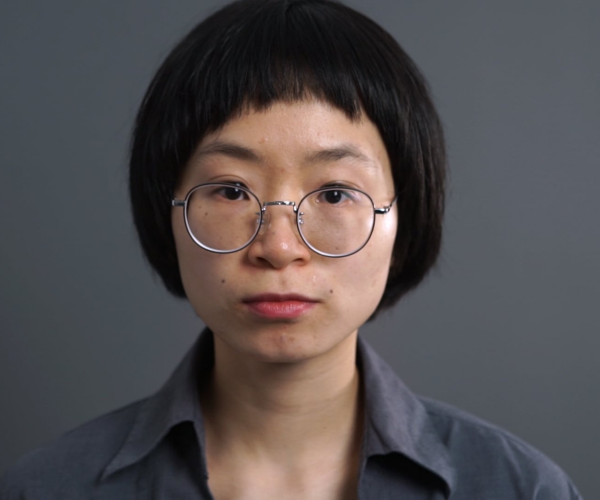
Opens 10 November 2020
Live classroom 16 November 20.00 CET

Opens 3 November 2020
Live classroom 9 November 20.00 CET

Opens 27 October 2020
Live classroom 2 November 20.00 CET

Opens 20 October 2020
Live classroom 26 October 20.00 CET

Opens 13 October 2020
Live classroom 19 October 20.00 CET

Sandberg Instituut, Vrije Universiteit Amsterdam
Nicoline van Harskamp
A digital art project that takes the form of a Massive Open Online Course of MOOC, and wants to raise historical and theoretical awareness of English usage and to help develop practical skills towards making new varieties emerge.
Modules over 6 weeks, online courses
art makers, art audiences, & an as wide as possible public
2019
Englishes, language, inclusive, expression, mediation, education, phonetics, intonation, future pedagogy, eurocentrism, commons
